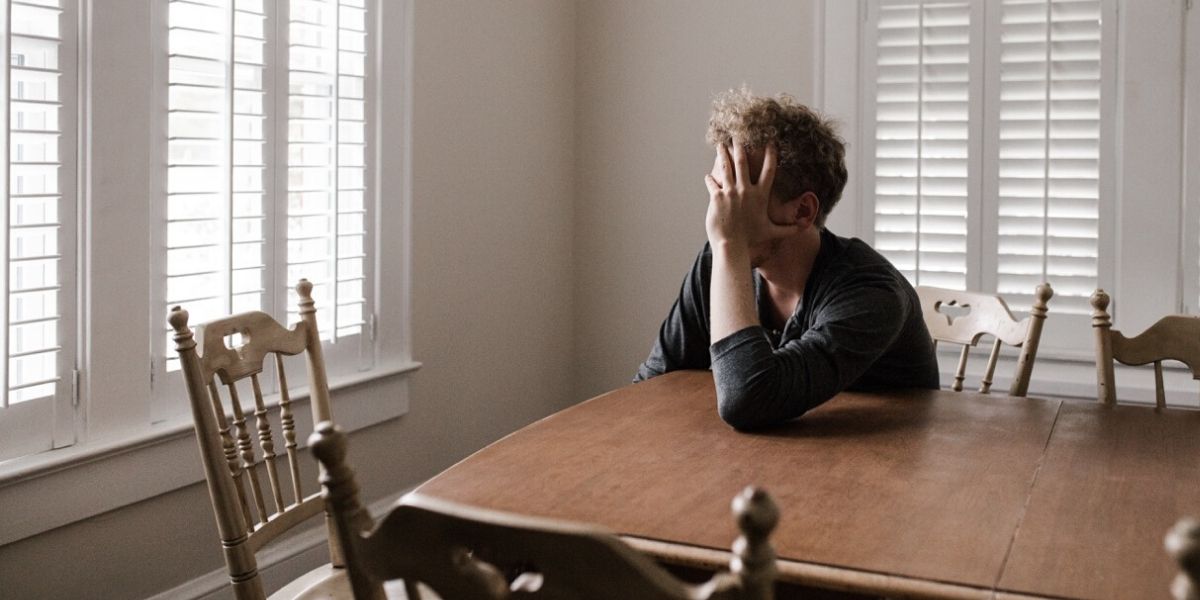Feeling Fatigued? It’s Normal!
Psychotherapist and Staff Care Consultant BEN PORTER explains why many people feel tired at the moment, and what you can do about it.
If you’re feeling exhausted at the moment, you’re not alone. At Thrive, we’ve noticed (and personally felt) similar trends. I’ve heard it said that “we’re all in the same storm, but different boats”, and I like this analogy, because it acknowledges the wide range of impacts and responses we all feel at the moment. That said, I’m hard-pressed to find anyone who hasn’t felt a degree of fatigue by this point. But these feelings of exhaustion are normal. Here are some of the main drivers of fatigue we’ve noticed:
- The process of continuous adaptation, mixed with new uncertainties, is exhausting. As circumstances evolve, we adjust. But then new uncertainties appear and heighten our anxiety as we struggle to predict our future. This often leaves us feeling discouraged or helpless.
- For many, working long hours has been as pandemic as the virus! Frontline workers and COVID-19 response teams have been thrust into unprecedented and protracted working hours. Others may feel “always on” because of the addition of home-schooling, or care-giving responsibilities. If your workplace has a culture of overworking under normal circumstances, then it’s likely that this has now intensified. We also know that keeping busy functions to mask anxiety and fear of uncertainty. This is compounded by the difficulty in discerning between important and unimportant tasks during a crisis.
- Guilt is another common feeling. Some feel guilty for not keeping up with colleagues. Some feel guilty for making the ‘wrong’ decision about where to lockdown. And some feel guilty for not being ‘good enough’ partners or parents. These feelings tap into our sense of self and identity, and they quickly corrode our mental health and impact our motivation.
- The consuming emotion of anger. Displaced anger or scapegoating is a defence mechanism that helps us label and direct our feelings of fear and worry, but it takes a significant amount of energy to maintain.
- Extended computer usage and video-conferencing is another cause of fatigue, especially with the overload of COVID-related information. While many are accustomed to long hours on the computer, the addition of social life via Zoom/Skype/Facetime may be tipping us into screen fatigue.
So what’s been working for some people? Here’s a few things:
- Reflective practice.Now, at about 2 months into lockdown, try to give yourself some time to reflect. This could be in a personal journal or with a friend. What happens if you ‘look behind the curtain’ and venture into your subdued emotions? Listen to your body and faint feelings – this may produce insight into well-needed adjustments. Then, take action! That may mean having a difficult conversation or re-committing to a self-care practice.
- Find those energy drainers. Think about where you may be feeling angry or resentful. What can you let go of?
- Place boundaries on screen-time. Try blocking out time in your calendar for no screens. Make a phone call rather than a video call.
- Take one day at a time. Ask yourself whether you can make it through today—and what can you do to make today a little better?
- Keep expectations in-check and remember to pace yourself. Acknowledge and celebrate your successes, however big or small.
- Practice self-compassion, especially if you’re being hard on yourself or feeling guilty about how you’ve responded or what you haven’t accomplished.
- Exercise & Movement. Aerobic exercise is proven to elevate mood, reverse the process of stress hormone release, help us sleep better, and boost our immune system. It’s best to do this in the sunshine, if possible.
- If you are in lockdown on your own, then continue to press past any urge to withdraw. Stay connected with a wide array of people in your life.
- Never underestimate the power of laughter and play! Are there hobbies or games that you can pick up? Absorbing activities make for great distraction.
- Ask yourself, what has helped you rejuvenate in the past? We all rejuvenate in different ways. What do you need? Listen and trust that you can find ways to restore your energy.
If you’d like support, we have a team of counsellors, psychologists and coaches available.










